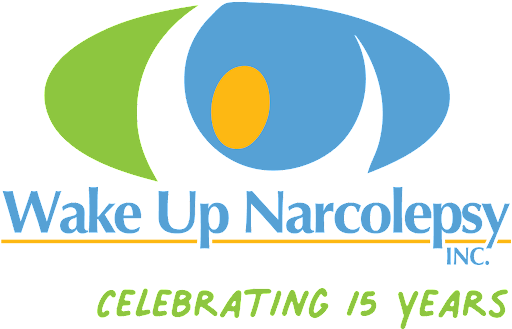Jun 08 2019
Wake Up Narcolepsy Funds Research at Stanford, Harvard, Sick Kids Hospital
h in Blogs
Nonprofit Continues Support in the Search for Improved Treatment and a Cure
Worcester, MA – August 26, 2013 – Wake Up Narcolepsy, Inc. (WUN), a nonprofit working to speed diagnosis of narcolepsy and help in the search for a cure, recently awarded research grants totaling $69,500 to three of the world’s leading scientific investigators studying this debilitating sleep disorder.
WUN made grants to:
- $42,000 to Dr. Emmanuel Mignot, Director of the Center for Sleep Sciences and the Center for Narcolepsy at Stanford University’s School of Medicine. Dr. Mignot is internationally recognized as having discovered the cause of narcolepsy. The WUN grant will underwrite his continuing work on the genetic and environmental co-factors contributing to the development of narcolepsy.
- $20,00 to Dr. Thomas Scammell, of Beth Israel Deaconess Medical Center, Boston, and Associate Professor of Neurology at Harvard Medical School. Dr. Scammell’s laboratory is examining how positive emotions trigger cataplexy and if gene therapy can improve the sleepiness of narcoleptic mice. Though this research is still years away from application for people, these discoveries provide hope for more effective treatments.
- $7,500 to Dr. Indra Narang, Director of Sleep Medicine at Sick Kids Hospital, Toronto, and Assistant Professor in Pediatrics at the University of Toronto. The WUN grant will support her studies of narcolepsy in children.
All three researchers are repeat recipients of WUN support. The funds were raised by:
- $57,500 by a team of nine dedicated WUN volunteers from across the U.S. who ran in the 2013 Boston Marathon.
- $12,000 from Wake Up Nashville 2013, an evening of Country music to benefit narcolepsy awareness, sponsored in part by Jazz Pharmaceuticals.
Narcolepsy is a neurological sleep disorder affecting some 200,000 Americans and 3 million people worldwide. The condition is characterized by excessive daytime sleepiness, which usually first appears in adolescence or young adulthood. Many sufferers also experience episodes of cataplexy, brief but debilitating periods of muscle weakness or complete physical collapse usually brought on by emotions such as laughter or surprise.
David Gow, a member of the 2013 Marathon team, is a Director and Co-founder of WUN. He said, “As the father of a teen-age son with narcolepsy/cataplexy, I’m all too familiar with the life-altering effects of the condition, for both him and our family. We continue working day and night to spread greater understanding of narcolepsy, so proper diagnosis can take place sooner.”
Narcolepsy can impair virtually every facet of a person’s life, from family and social interactions, to self-esteem and career choice. Though treatment is available, it is not uncommon for 10 years to pass before a proper diagnosis is made, robbing the sufferer – and the family – of an acceptable quality of life.
Shockingly, however, many physicians, teachers, parents, and others who could help are not familiar with it symptoms. So delayed or inaccurate diagnosis is often the norm, leading to years of unnecessary suffering. Raising public awareness and building support for finding a cure will help millions worldwide.
Tabitha Crawford, a WUN Director and Chair of the Wake Up Nashville event, said, “Generous donors are the heart and soul of everything WUN does to help people everywhere living with narcolepsy, such our son. We’re honored to continue supporting some of the world’s foremost researchers working to improve treatment and find a cure.”
To learn more about Wake Up Narcolepsy and the supported research programs, visit
